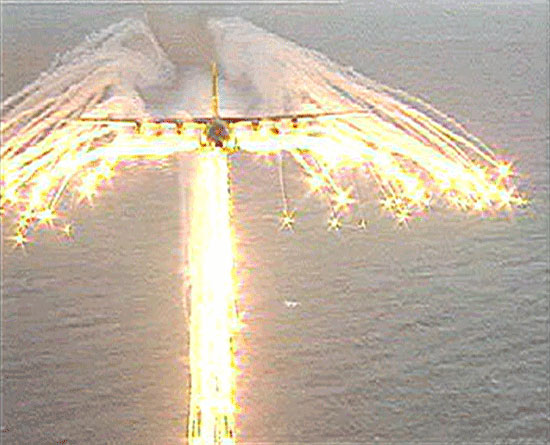Bodenlos, Eine Philosophische Biographie (Bernheim: Bollmann, 1992).
Ludwig Wittgenstein, Philosophical Investigations, § 7 and § 66.
Harun Farocki, “Die Existenz der Filmkritik,” [“The Existence of Film Criticism”] Filmkritik 301 (January 1982): 2–4.
Personal Testimonial by Harun Farocki, cited in the program of Filmclub Münster (Summer 2001): 5
Harun Farocki, “Lerne das Einfachste!” [Learn What’s Easiest!], unpublished manuscript, 2009.
Jacques Rancière, Le Maître Ignorant: Cinq Leçons sur l’Emancipation Intellectuelle (Paris: Fayard, 1987).
Harun Farocki, “Written Trailers,” in Harun Farocki: Against What? Against Whom?, eds. Antje Ehmann and Kodwo Eshun, exhibition catalouge (London: Raven Row, Koenig Books, 2010), 221.
The film inspired a plethora of commentaries, from a Lacanian reading (Kaja Silverman, 1993), to a historical review (Thomas Elsaesser, 2004), from a Deleuzian-inspired analysis (Raymond Bellour, 2010) to a Benjaminian interpretation (Georges Didi-Huberman, 2010), to name but a few.
Harun Farocki, “Le point de vue de la guerre,” Trafic 50 (Summer 2004): 449.
Paul Virilio, “Fin de l'histoire ou fin de la géographie? Un monde surexposé,” Le Monde Diplomatique (August 1997): 17.
For more context, see my program introduction “What is at Stake in Farocki’s Parallel,” in Berlin Documentary Forum 3, eds. Erika Balsom and Hila Peleg (Berlin: Haus der Kulturen der Welt, 2014), 182–189.
Michel Foucault, The Order of Things: An Archaeology of the Human Sciences (London: Routledge, 2002), 72.
Translated from German by Leon Dische Becker.
